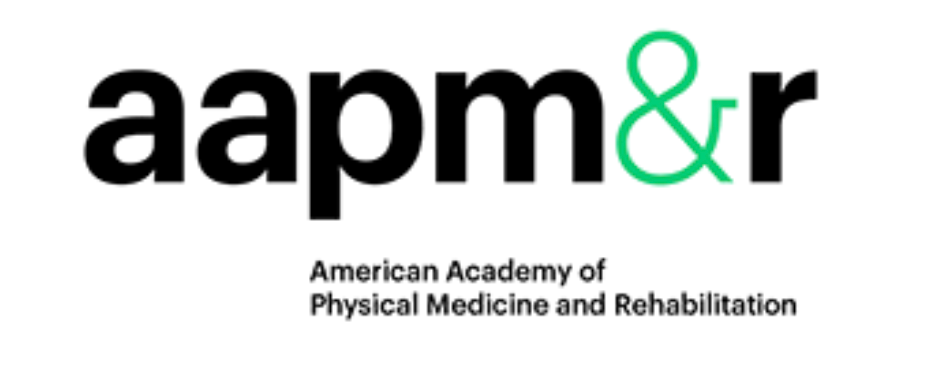Orthopaedic Patient Perspectives on Medical Cannabis: A Survey of over 2500 Patients
- Rothman Opioid Foundation
- Jan 1, 2022
- 2 min read
AUTHORS
Clay Townsend, MD
Frederic Liss, MD
Charles Langman, DPM
Donald Mazur, MD
Stephen A. Stache, MD
Saloni Sharma, MD
David S. Stolzenberg, DO
Malathy Srinivasan, MD
David Pedowitz, MD
Surena Namdari, MD, MS
Mark L.Wang, MD, PhD
Ari C. Greis, DO
Asif M. Ilyas, MD, MBA
ABSTRACT
Introduction
Although cannabis remains illegal at the federal level, medical cannabis (MC) is now legal in the majority of states. However, the perception and acceptance of MC by the general public is evolving and remains poorly understood. Treating patients effectively with these novel therapeutics requires an understanding of the complex interplay of social and legal factors that could affect patient utilization.
Methods
A cross sectional survey study of over 2,500 patients seeking orthopaedic consultation were invited to learn their perspectives of MC, as well as to investigate factors related to its use that may represent barriers to broader patient utilization.
Results
At the time of the survey, 9% of respondents were already utilizing MC for a medical condition. The majority (82%) of respondents would consider using MC for chronic pain, or for other accepted medical conditions. Most respondents were aware of the legal status of MC in their state, and 90% respondents believed MC should be legal throughout the United States. The majority of respondents (74%) believe MC is safe to manage chronic orthopaedic pain complaints. Similarly, most respondents (77%) strongly agreed or agreed that MC is safer than prescriptions opioids for chronic pain conditions. In terms of potential barrier to use, 51% indicated cost would be a barrier to use and 91% believed MC should be covered by insurance.
Conclusion
This survey identified that approximately 10% of respondents is already using MC, with the far majority being supportive of its legalization and use. These findings provide further insight into current patient perspectives of MC, aiding both medical providers and researchers as we continue to provide access to and research MC.
RESEARCH ABSTRACT PRESENTED at the 2021 ANNUAL MEETING of the:

.png)



Comments